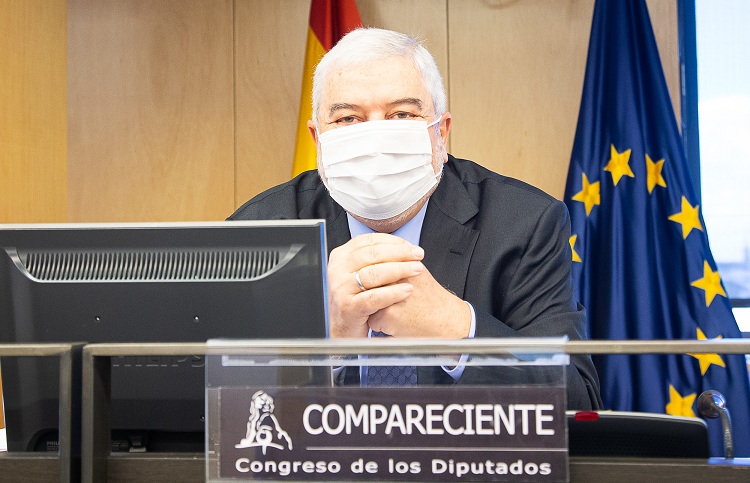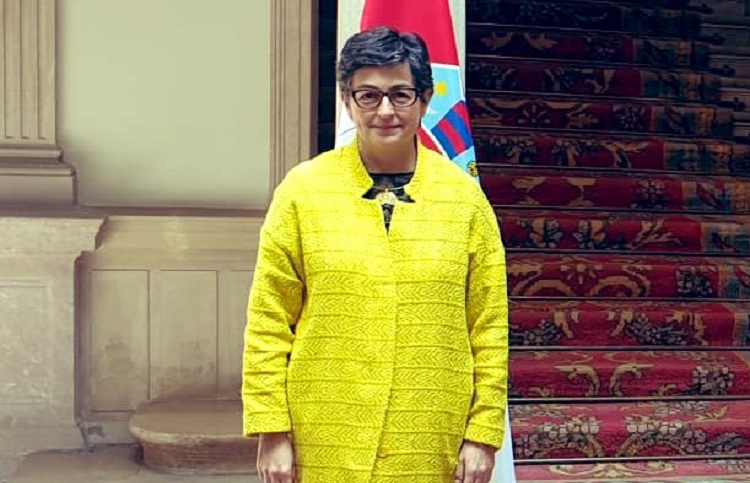The Diplomat
The director of the Spanish Agency of International Cooperation for Development (AECID), Magdy Martínez-Solimán, admitted yesterday that the working conditions of aid workers dependent on the State working abroad are “manifestly improvable” and that the funds allocated to cooperation in Spain are much lower than those of the countries of our environment.
The aid workers linked to the AECID work in “manifestly improvable conditions”, with salaries that are “approximately half the income of the equivalent technical personnel of the UN and less than half that of EU cooperation professionals”, explained Martínez-Solimán during an appearance before the Congressional Committee on International Cooperation.
Apart from this, this salary freeze occurs even in “countries with brutal inflationary drifts, high living costs, and security, health and education expenses much higher than those of Spain”, he admitted. “Our cooperation is not credible, and only survives thanks to the heroism of its actors: aid workers abroad, humanitarian health workers, NGDO professionals and our volunteers”, he warned.
Likewise, Magdy Martínez-Solimán warned that “a new regulatory framework is needed, with a new Cooperation Law at its apex, budgets appropriate to Spain’s place in the world, and a drive for coherence that will allow the AECID to fulfill what it was designed to be: the coordinating and driving entity of Spanish cooperation”.
According to the AECID director, Spanish cooperation gravitates around 3.1 billion euros. “U.S. cooperation is eleven times greater, Germany’s is eight times more powerful, France has four times more resources, Sweden and Holland represent twice as much as we do, and we are far outstripped by Norway, Switzerland, Canada, Italy and Australia”, he said. “In proportion to our income, we should be the 12th or 13th country, but we are 21st. We should be spending just over 7.5 billion euros on cooperation, but we spend less than half of that”, he added.







